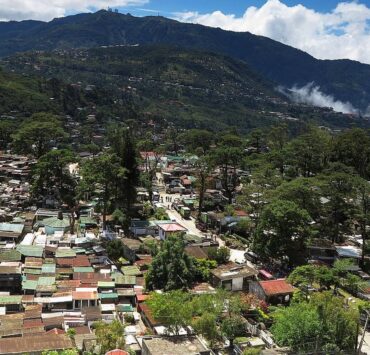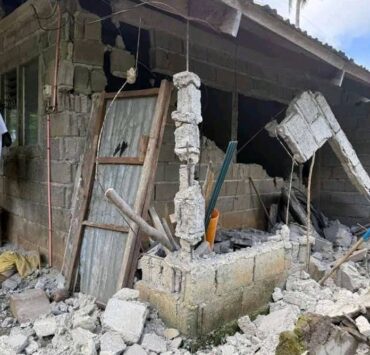Future of major golf tourney uncertain after John Hay takeover

BAGUIO CITY—For nearly 30 years, the Camp John Hay Golf Club and the Baguio Country Club (BCC) have jointly hosted the prestigious Fil-Am Golf Invitational Tournament, a symbol of camaraderie and tradition in the local and international golf scene.
But the tournament’s future hangs in the balance as its 75th anniversary approaches later this year, following the government’s Jan. 6 takeover of the Camp John Hay golf course. Originally launched in either 1949 or 1950 by American military officers to foster closer ties with Filipinos, the Fil-Am Golf Invitational has become a major sporting event in Baguio.
Lawyer Federico Mandapat Jr., a member of the Camp John Hay Golf Club’s board of governors, said the tournament had been managed by the Fil-Am Golf Tournament Foundation. The foundation was previously co-chaired by businessman Robert John Sobrepeña, owner of Camp John Hay Development Corp. (CJHDevco), and Anthony de Leon, BCC general manager.
Last year’s 74th Fil-Am Invitational, from Nov. 26 to Dec. 14, was co-chaired by De Leon and Camp John Hay Golf Club manager Judson Eustaquio.
However, the recent eviction of Eustaquio, who was escorted out of the golf course two weeks ago when court sheriffs enforced the club’s eviction notice, has added uncertainty to the tournament’s management and operations moving forward.
BCC sources said they had not been informed if the golf club would play a role in this year’s tournament. However, a club official familiar with the annual event emphasized that preparations must begin early — possibly from March to June — “because golfers will be playing in a special milestone event.”
The Camp John Hay Golf Club still exists despite the government takeover, Mandapat said, even though it no longer has access to a golf course.
He and former Baguio Mayor Mauricio Domogan have continued pursuing a December 2024 petition for an injunction against the takeover to preserve members’ rights over the facility, though both have been banned from playing there.
Mandapat and Domogan argued that the BCDA had refused to honor the membership share certificates and playing rights of about a thousand club members, which are set to expire in 2047.
Amending complaint
According to Mandapat, they are amending the complaint to reflect the latest developments following the club’s eviction.
But eight other club members who were initially part of the lawsuit have since withdrawn after engaging in talks with the Bases Conversion and Development Authority (BCDA), which oversees all former American bases in the country.
Last year, the Supreme Court reinstated an arbitral ruling that voided CJHDevco’s 1996 development lease over Camp John Hay and directed the company to surrender the 247-hectare leased area to the government. The ruling also required the BCDA to return CJHDevco’s P1.42-billion investment.
In a Jan. 23 “open letter” addressed to golf club members, the BCDA said it “will never interfere with, question, or meddle in your right to associate and to exercise those rights within your club.”
“Sustaining the privileges of the club members is the obligation of the club. Falling short of such an obligation, the club—not the BCDA—is liable to its members,” the letter added.
Last week, the BCDA accused the golf club of sabotage, claiming it removed all furniture and other movable items and cut off water supply on the day the government assumed control of the golf course.
In a response posted on Wednesday, the golf club denied any malicious intent.
It cited the BCDA’s publicly stated position that the rights of the club and its members had been rescinded by legal ruling.
The club explained that it had secured items not included in the ceremonial turnover and temporarily stopped water facilities while the BCDA and former golf managers worked to determine who would shoulder utility expenses.

















